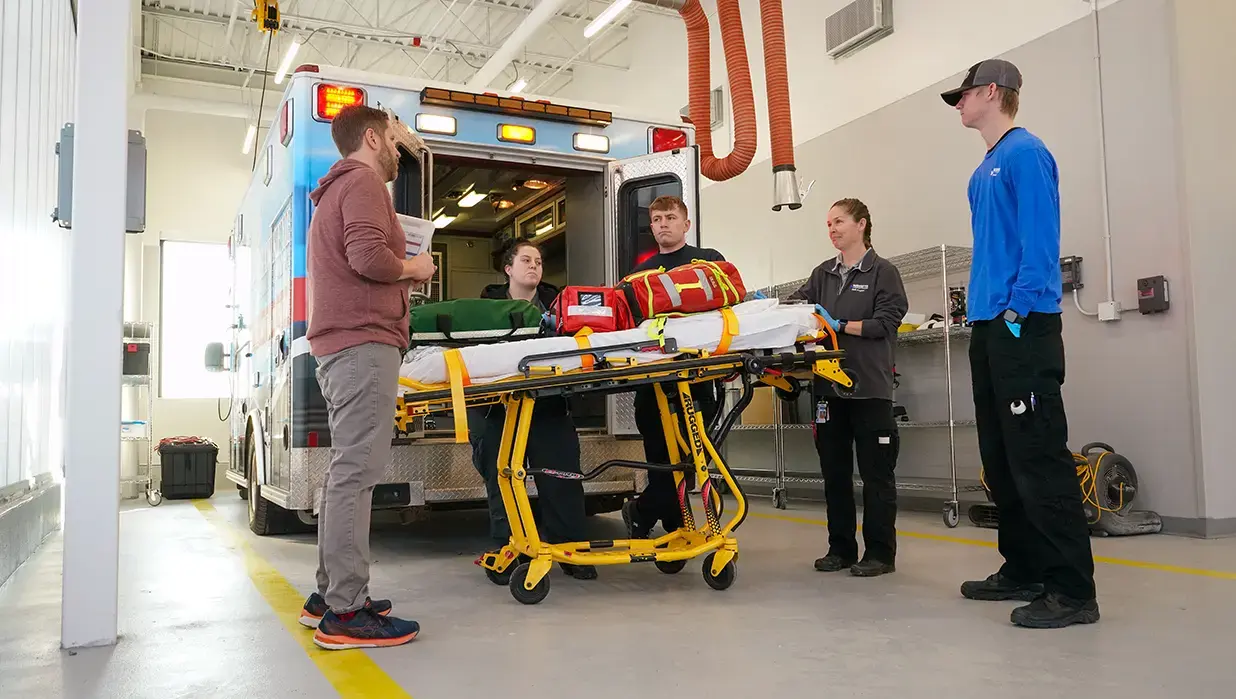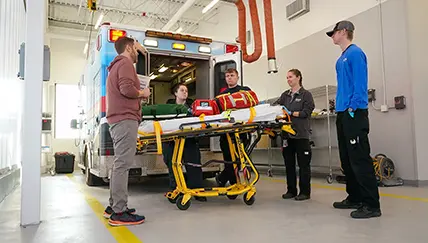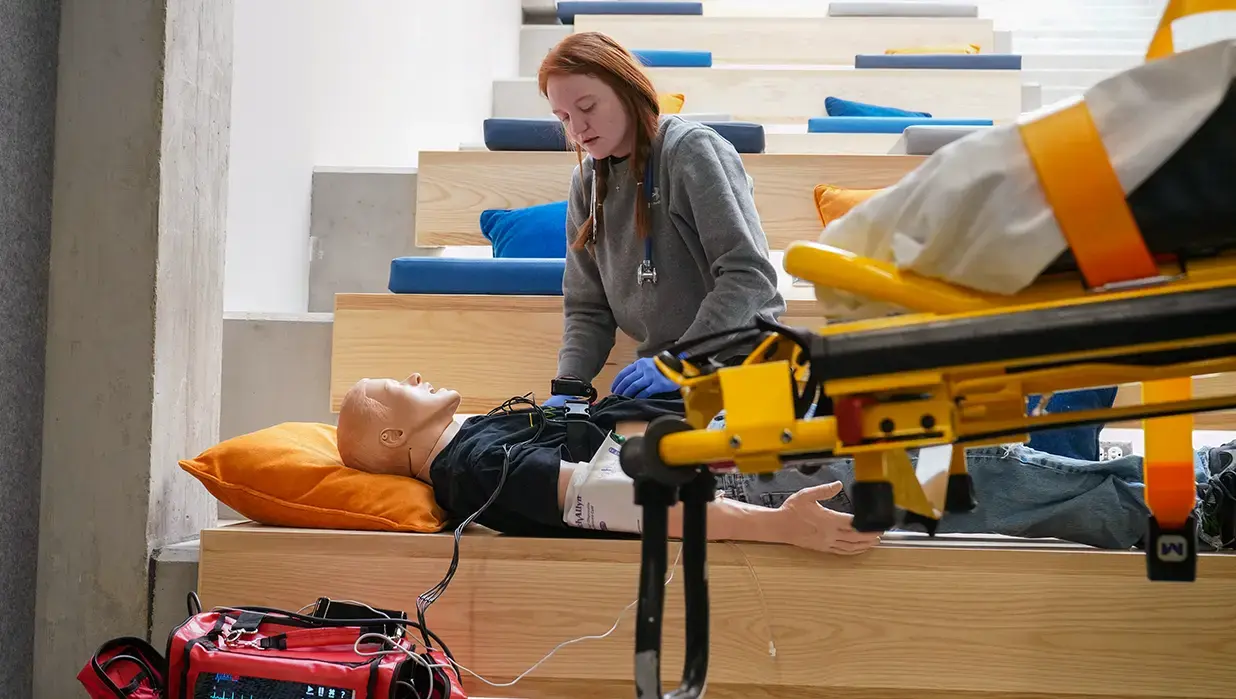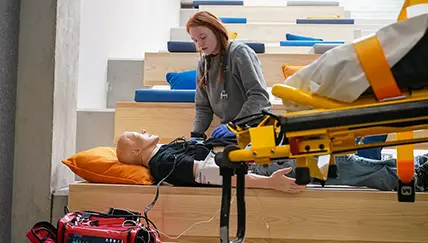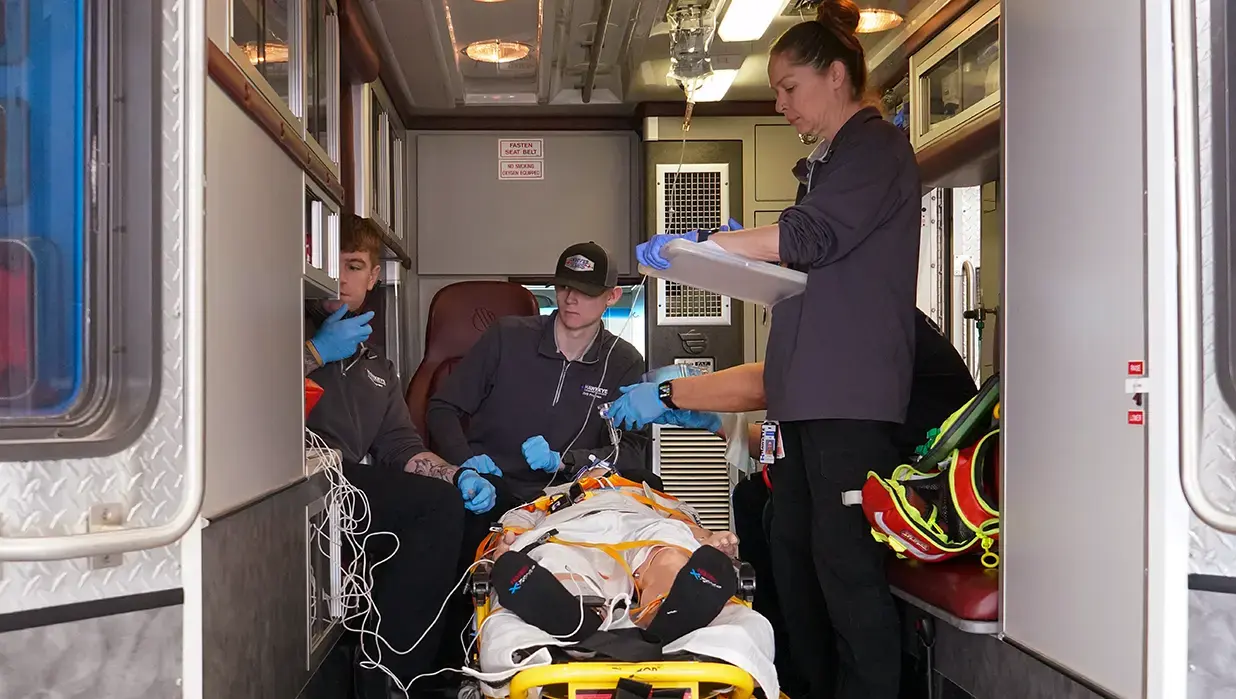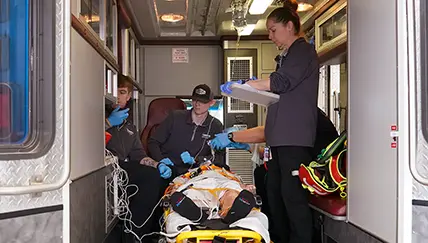As a future emergency services responder, you need to use good judgment in all areas of your personal, professional, and scholastic interactions and activities; and must keep your record clean. All hospitals, EMS, and fire agencies require background checks for internships, volunteer placements, and employment.
Be aware that character counts and your behavior can sabotage your ability to graduate from this program and your ability to work in the field. Consider what your actions and criminal history says about you….i.e. an OWI conviction indicates that you demonstrate poor judgment by drinking to excess and deciding to drive, which may kill or injure you or another person.
If you want to work in emergency services, avoid these issues:
- Acquiring speeding tickets or safety violation citations.
- Acquiring a suspended driver’s license or citations for driving with a suspended license.
- Participating in underage drinking, using fake IDs, or buying alcohol for underage persons.
- Use or abuse of prescription drugs, street drugs, club drugs (ecstasy), marijuana, or synthetic drugs.
- Engaging in theft of property, goods, or services.
- Assault or battery related cases.
You will not be employable in emergency services if you have:
- Felony convictions.
- Domestic abuse convictions.
- Placement on an abuse registry (sex offender, child/elder abuse).
- Drug convictions, or history of drug use or abuse (methamphetamine, cocaine, heroin, etc.) Each agency (city, county, state, or federal) sets their own limits on marijuana use from zero tolerance to a limited amount of use, and factors in how recent the use was.
Ultimately, potential employers will rationalize your behavior by this criteria: If you know or reasonably believe an action is illegal or will cause harm then the best candidate will take responsibility, demonstrate self-control, and not do it.
Lastly, employers will ask our faculty for references. Students need to know that full time faculty and adjunct faculty members are constantly formally and informally assessing students in terms of academic performance, attendance, honesty, professionalism, social skills, maturity, and appearance so that we can make objective assessments when asked. Your interactions count, and we are here to mentor you.
